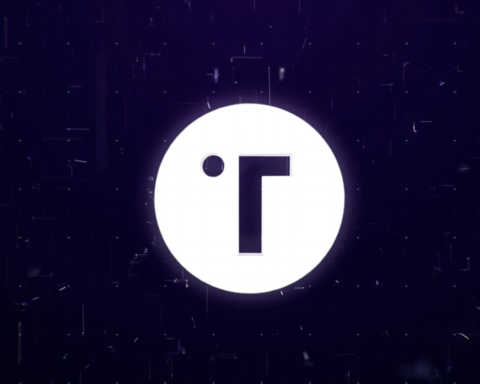The media found out that a British company that makes smartphones wants to beat Apple and Tesla CEO Elon Musk to market with a new device that connects to satellites.
If there is no Wi-Fi or mobile network, the Bullitt phone should automatically connect to one of two satellite networks around the world.
There are rumours that Apple’s next iPhone, the iPhone 14, may be able to connect to satellites in case of an emergency.
Mr. Musk is working on a satellite phone service with T-Mobile.
But he said last month that plans were being held up by “regulatory approval” of satellite launches and that it was unlikely that the service would be available until the end of 2023.
Bullitt’s service, which is set to go live in February 2023, will only let users send and receive text messages at first.
If the person gets the Bullitt app, they will get the message as an SMS and be able to reply. They can use it for free, but the person who owns a Bullitt phone must pay a monthly fee to use the service.
The Reading-based company wouldn’t say how much it would cost, but they did say that it would be available in tiers, like current mobile tariffs, and would be paid for on top of a regular network contract. It hasn’t released pictures of the device yet.
Bullitt also says that its phone will automatically switch to satellite if there is no other signal anywhere in the world. This is different from what has been said about Apple’s service, which is that it can only be used in emergencies in North America.
Bullitt co-founder Richard Wharton said, “What we have is a smartphone that will come out in February and be able to talk both ways via satellite and cover the whole world.”
“I hope we’ve made progress,” said the person speaking.
Mr. Musk says that phones that use his platform might have to wait 30 minutes before they can connect to a satellite. But Mr. Wharton said he thought the wait would only be a few seconds because of agreements with two international satellite networks, which he did not name.
He says that the phone needs a custom chipset that was made with an Asian manufacturer over the past 18 months. He said that the phone will only look for satellites when it can’t find any other signals. This will use the least amount of battery power.
There are places around the world, mostly in rural areas, where cell service is spotty or nonexistent. These places are called “not-spots.”
Because it is hard to have cell service in every part of a country, Mr. Wharton said, “We want to partner with [network operators] and are filling in coverage black spots.”
Satellite phones haven’t always had a lot of features, and bad weather can sometimes make it hard for the satellite to work.
A tech expert at PP Foresight named Paolo Pescatore said that satellite technology “remains the next and last frontier in communication.”
“It’s good to see service providers start to take seriously the idea of using satellite for the last mile. In the end, all users still put a high value on reliable and strong connectivity.”






